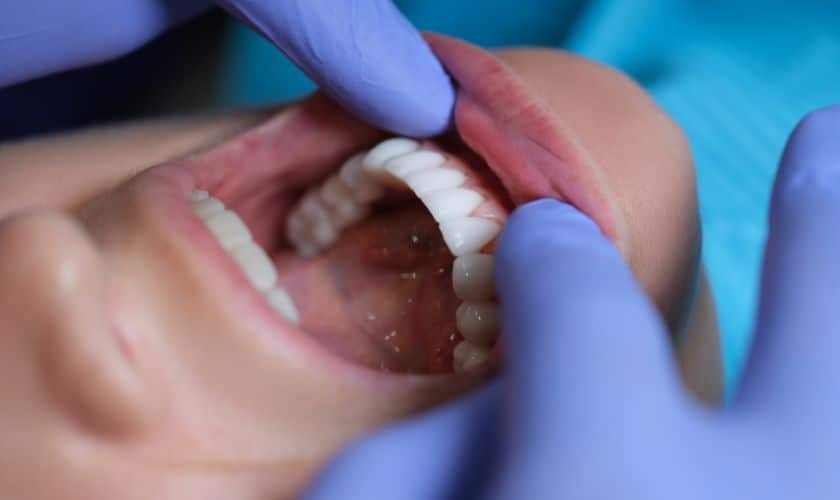Decay means to deteriorate, or rot, and might seem extreme when describing a mere cavity. The truth, though, is that decay is exactly what happens when bacteria are allowed to infect your tooth structure, which causes a cavity, or hole, to form. As a progressive issue, tooth decay can slowly consume your entire tooth if not treated in time. Fortunately, despite its impressive prevalence (cavities affect at least 90% of adults in the US), tooth decay is highly-treatable, and just as highly-preventable with good hygiene and regular professional maintenance. The trick is to pay attention to the signs and symptoms that can warn of you of a decaying tooth.
Signs and Symptoms
If you stick to a routine of six-month dental checkups, then Dr. Wright and Dr. Heron can spot early signs of decay that you can’t notice yourself. The infection begins when bacterial acid wears down tooth enamel, which we can spot using innovative, diagnostic imaging technology. Weak enamel can be strengthened if detected, but once it’s compromised, it can’t be repaired. Once a cavity begins to develop, the tooth will grow steadily more sensitive, then painful, as the infection works its way towards the nerves at the tooth’s center, or pulp. Severe internal infections can also cause dark discoloration from within the tooth, which can’t be fixed with a simple teeth whitening treatment.
How to Treat Your Tooth Decay
Treating a cavity-infected tooth requires removing the infection and any lingering bacteria from the cavity. Since a tooth can’t repair itself, or regrow its damaged tissues, Dr. Wright and Dr. Heron will have to restore the tooth by filling it with composite resin. If a significant amount of tooth structure has to be removed, then we may cap the weakened tooth with a dental crown to restore its appearance and structural integrity.
A toothache will usually warn you of decay before it reaches the pulp, but many patients don’t seek treatment until the pulp has become infected. A root canal treatment describes cleaning out infected tooth pulp, then sealing the connected roots so that the infection can’t spread to nearby tissues. In a worst-case-scenario, the tooth can become so infected that restoring it is no longer an option, and only extracting it can save your oral health.
About Your Southlake Dentists:
As a native Texan, Dr. Gregory Wright opened his private practice in Southlake, TX in 1992. He and Dr. Victoria Heron are happily accepting new patients from Southlake, Grapevine, Keller, Trophy Club, Colleyville, and all surrounding communities. To learn more, call our office today at (817) 481-7999.





